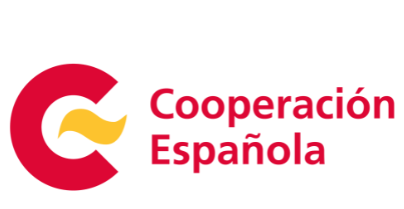Mr Peter Nuyaba Sam-Kpakra, Development Secretary, Ministry of Planning and Economic Development, Sierra Leone joined the INFF Report: ‘Making finance work for people and planet’ launch event hosted by the Government of Spain and INFF Facility during the Financing for Development (FfD) Forum 2024 in New York on 24th April 2024.
The Minister elaborated on how Sierra Leone has utilized the INFF approach to enhance financing for national development. The INFF approach has catalysed reforms that have enhanced revenue generation, financial inclusion, and literacy. Through integrated planning and public-private collaborations, the country's INFF has streamlined resource allocation and improved fiscal management. Additionally, studies on diaspora investments and an SDG Investor Map have been developed to attract financing for national development. Leveraging innovative financial instruments, like climate finance, including Blue and Green Bonds, further strengthens resilience and sustainability efforts in Sierra Leone.
The full transcript of the speech is attached below:
Sierra Leone has used the INFF approach since 2020, when our Integrated National Financial Framework (INFF) was developed. As part of the immediate outcomes of producing the INFF, the government, UNDP and UNCDF, quickly secured catalytic fund to commence the implementation of the framework; the Joint SDG Fund Project on strengthening domestic resource mobilization. That was the first outcome we received as a project.
A National SDG Funds Steering Committee was established to oversee project implementation and provide strategic guidelines to the overall domestic revenue mobilization effort. As an INFF coordinating structure, the committee provided a technical advice to the Ministry of Planning and Economic Development on how the key financing measures articulated the country's Medium-Term National Development Plan.
Through the implementation of this INFF project, national capacity for revenue generation has improved, leading to increased domestic revenue generation. We have also witnessed improved financial inclusion, digitisation, and financial literacy. This is happening in the area from four particular communities to here we are informing national development prioritization. The capacity of local councils to effectively mobilize local revenue has been enhanced, and advocacy on tax compliance intensified both at the local and at the central level.
In addition, to strengthen revenue prioritization, the INFF approach in Sierra Leone has enhanced the national planning process and prioritization of needs through the following. One, we ensure integrated planning at all levels in the delivery of public services for the optimal distribution of resources. Two, we have automated revenue collection and expenditure management system. And three, established public-private collaboration platforms.
In the preparation of our current Middle-Term National Development Plan for the period 2024-2030, let me just elaborate on what a Middle-Term National Development Plan is, usually, it's a five-year period, but this particular plan is for seven years period for obvious reasons. You know the SDG is coming to our end in 2030. When we came in September last year, our solution roadmap for the achievement of the SDG was for seven years.So it was good enough for us to actually align. Instead of five years as a National Development Plan, we do the seven years so that we are reporting on the implementation of the SDG is implementing National Development Plan as well. That's why we make it seven years for you, the listener.
The INFF instrument and coordination architecture proves to be a valuable tool in mapping the resources of financing for the plan and defined available resources through projected domestic revenue, partners commitment channel, through project and programs, and estimating a funding gap. The new plan, unlike the previous one, is highly prioritized and it has estimated a funding gap of $2.5 billion for seven years' period. The framework has supported the burning of the tax base through formalization of the informal sector and extended the Social Security Scheme and the informal sector. Going forward, ladies and gentlemen, we know that research organization cannot entirely be dependent on public resources, especially when the development fundamentals are challenged.
We're restating the implementation of the Sierra Leone Integrate National Financing Framework of scaling the Sierra Leone Committee into an INFF Technical Committee for the overall technical coordination and guidelines, and two, an INFF Committee at ministerial and at cabinet level. This is not something at the technical, but at the highest level. That's how we're going to integrate it. In 2023, through the INFF initiative, we completed key two studies. One, assessing diaspora investment potential of Sierra Leone to look beyond immittances, focusing on diaspora bonds and other investment options.
We have a whole lot of our colleagues out here I mean, if you see what you meet, we need to capture that one as part of financing our plan. The SDG investor mapping to inform the government and partners on the sectors that can be prioritized for increased private sector investment. This, again, was done in collaboration with UNDP. When an investor can come, we have investment opportunities available and so forth. These studies are available, and it's helping us to attract other investors too. The outcome of these studies are currently guiding strategies to scale up financing for the SDGs in the country. To address the fiscal financial challenges in the new plan, the government of Sierra Leone will adopt innovative financial instruments, including the leveraging climate finance-related opportunities.
We will scale up efforts to harness the country's blue economic potential, express the possibility of leveraging climate finance, leveraging international public finance, including transition adaptation financing for climate change. The Blue Economy strategy describes several climate finance-related instruments, such as the Blue Bond, the Green Bond initiative, such as carbon sequestrations. We believe that optimizing this climate finance mechanism will be crucial in advancing the country's climate resilience, energy transition, and starting a full system agenda. As I conclude, let me join other speakers in the past two days by calling for clearer and more transparent ways as we venture into the climate finance frontier.
We will require capacity support to enable us to create an account, monetize our national carbon estate.
I will not end this day by referring to Fred. Fred is here us. Fred is one of the people we have met, actually helping us in this economy strategy we have because we have a lot of potential and so forth.
Thank you so much for giving us this opportunity to speak.




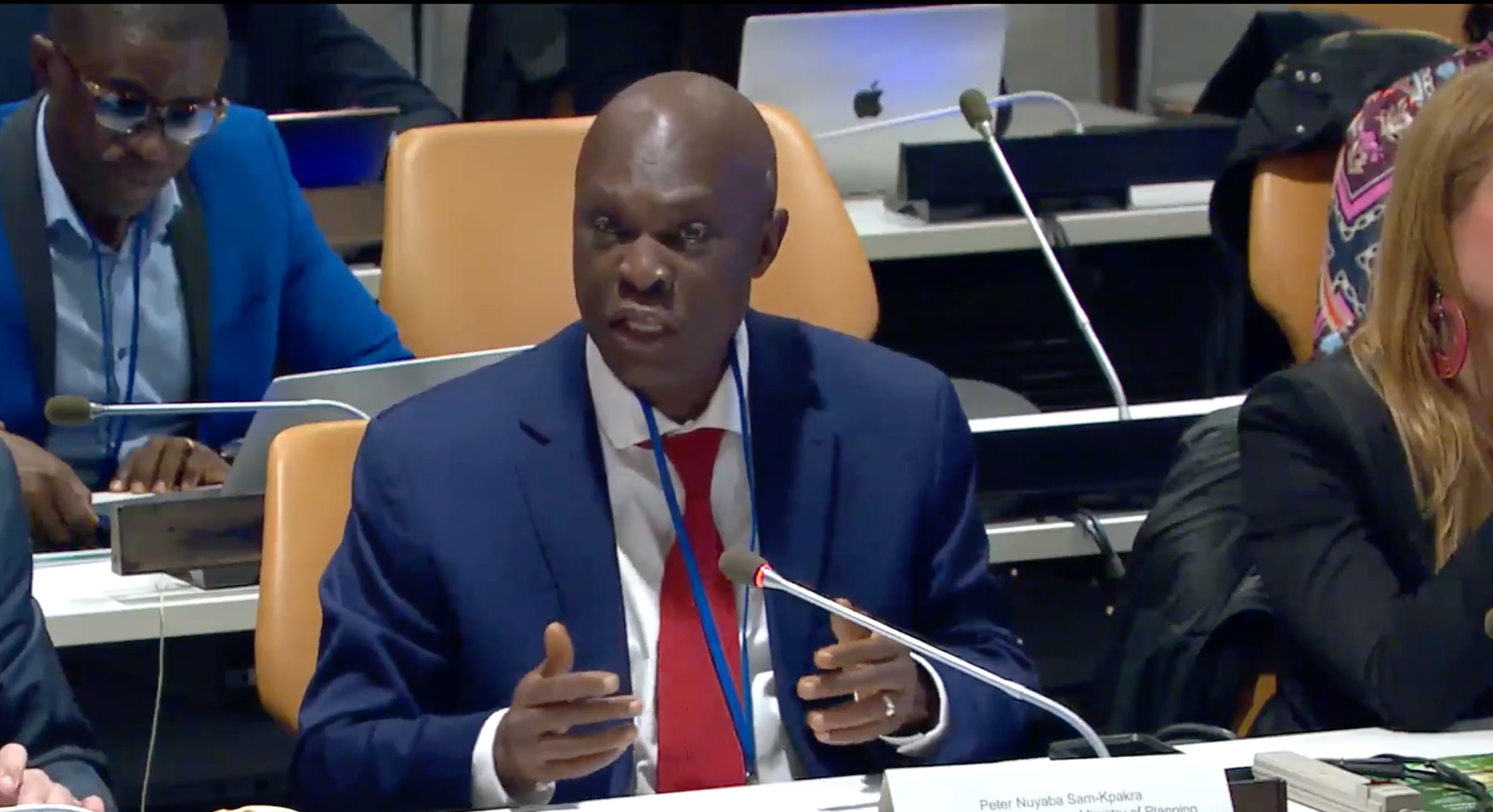


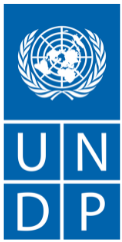

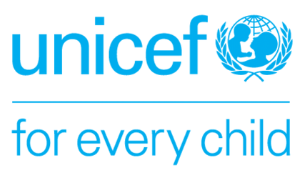

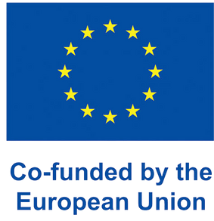
.png)

